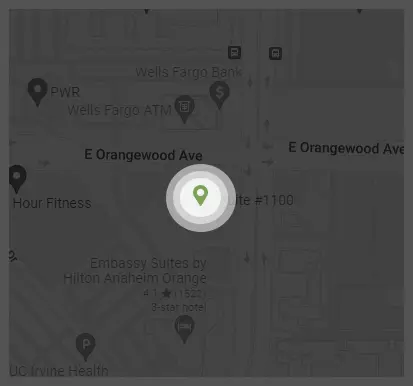What is the Difference Between Common Law States and Community Property States?
It is no overstatement to say that divorce can be a difficult, emotionally trying time for individuals and their families. You are likely facing many questions, some personal and some spoken aloud to your soon-to-be ex-spouse. Once you are certain that divorce is necessary and unavoidable, one such question might very well be, “Who gets what?”
That’s a difficult question to answer. If you are on good terms with your divorcing spouse, you may be able to consider a collaborative divorce. Failing that, however, you must understand the differences between common law property and community property.
Many states operate by a ‘common law’ understanding of divorce law. Common law property and assets are owned by whomever’s name is on the title, receipt, deed, or registration. When a divorce occurs, the person who the documentation says is the owner of the property shall retain that property post-divorce. However, in events where both spouses’ names appear on a deed or other document, a common law state decides that they are equal property owners. In such instances, they will split the property’s value, potentially by selling it off or buying off the property from the other spouse. If there is no record of ownership, the decision of where the property lands after a divorce may be up for divorce attorneys and courts to decide.

California is a community property state.
Community property states operate with the understanding that all income earned and assets purchased (and sometimes debts accrued) during a marriage are equally owned by the two spouses. There are some exceptions, however. To learn more, continue reading. Alternatively, speak with a member of the legal team at the Law Office of Patrick O’Kennedy by scheduling a free consultation today.
What is Not Considered Community Property in a California Divorce?
With few exceptions, it does not matter whose name is on a receipt or deed in a community property state. Even if the husband’s name is the only one that appears on the title registration for his motorcycle, if he bought that motorcycle while he was married, then his divorcing spouse has equal ownership of the motorcycle.
However, if the property was purchased before the marriage, then it is not considered community property. So, if the husband bought his motorcycle before he got married, then his soon-to-be ex-partner would not have any claim to the motorcycle.
Additionally, all property and assets a married individual receives as a gift, bequest, or inheritance will be considered separate property. This means that if a wife inherits property from her mother, then her divorcing spouse cannot claim that property as partially theirs. In general, the profits gained by selling a gift or inherited property will also be considered separate property.
Some certain profits and royalties may be considered separate property as well.
How is Community Property Divided in California?
The first step in dividing community property is determining what property and assets are actually separate property. There may be disputes over the facts. In such cases, it is vitally important that you hire an asset protection lawyer to represent your interests and defend your claim to your assets.
Once it has been determined what property is community property, a value must be assigned to that property. The courts will decide if the spouses cannot agree on a value to assign a piece of property. In such instances, the judge will often hire an appraiser, hear expert testimony, and review the financial records of the divorcing partners before arriving at an assigned value for an asset.
Interest and income accumulated in a 401(k), pension, or profit-sharing plan are often considered community property as well. When it comes to splitting these between spouses, it is highly recommended that you involve divorce lawyers.

Before the property is divided, the shared debts must be settled. A judge will often subtract the debts from the value of the community property to help resolve outstanding debts owed. Then each spouse will receive approximately half of the value of the community estate. Attempting to achieve an exact 50/50 split may be impossible. But it is up to the courts to keep things as fair and equal as possible.
In cases with multiple real estate or business properties owned, the value will not be split, but rather, one spouse will get one property, and the other spouse will get the other property.
When an item cannot be split for a shared value – a car, for example – one spouse must “buy out” the other by paying them half of the assigned value for the asset.
For assets such as family businesses, educational degrees, and disputes over property ownership, it is crucial that you work with experienced asset protection attorneys.
Schedule a Free Case Evaluation with the Law Office of Patrick O’Kennedy Today
If you’re going through a divorce in California, it’s essential that you understand the difference between community property and separate property. Divorce can be challenging, partly because of the confusing laws and processes in play but primarily because of the high emotional stakes. That’s why we recommend you hire the legal services of a law firm such as ours.
Lawyer Patrick O’Kennedy has decades of experience practicing family law in Orange County, California. The attorney and his legal staff are devoted to helping clients reach their goals in family law and debt relief matters. To schedule your free initial consultation, please call 714-919-1855.








